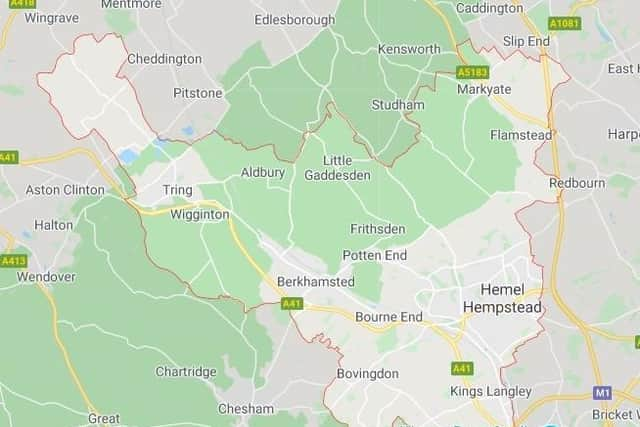Dacorum Borough Council tightens rules on social houses
and live on Freeview channel 276
A council has tightened rules on who gets to live in its social houses after demand soared from people who didn’t require a council house.
Dacorum Borough Council is required to review its Housing Allocation Policy every four years, which began with a consultation in November 2020.
Advertisement
Advertisement
Following engagement over the past year, the council have made some changes to who will be able to join the housing register.


That will include a loosening of the rules for people applying for social housing in villages around Dacorum, but children will be expected to share bedrooms for a longer period and the introduction of new income thresholds.
The current allocations policy states that people applying for a council home should have had 10 years residence in Dacorum at any point in their lifetime, or a family member should have lived in the borough for 10 years.
Applicants with 16 hours or more of permanent work in the borough for two years or more also qualify for a local connection.
Advertisement
Advertisement
This will remain unchanged under the new system, however, the need for a village connection will be reduced from 10 years to five years – as long as there’s a 10-year long Dacorum-wide connection.
The council will also be changing how income affects applications as well. The current system means that applicants can’t join the housing register if they have capital or savings above £16,000 and income of £60,000.
However, that will change after the council said the service is experiencing “unprecedented” demand for social housing from those who would otherwise be able to afford housing.
A report prepared for councillors said: “The service is experiencing unprecedented demand for social housing, in many cases from households who are able to resolve their housing difficulty through their own means and do not require access to social housing.
Advertisement
Advertisement
“As a result, it is proposed to introduce tiered income thresholds for applicants joining the register, so as to ensure that social housing is for those households who are unable to access other forms of affordable accommodation.”
The council will introduce three new income thresholds depending on the size of the required property.
For a one-bedroom property there must not be an income that exceeds £40,000, for a two bedroom property the threshold is £50,000 and for a three-bedroom, or larger, property the limit is £60,000.
There will also be an amendment to rules on children sharing bedrooms, after saying they are unable to meet demand for three-bedroom properties.
Advertisement
Advertisement
Following engagement, the council has now said a pair of different sex children will now be entitled to their own bedroom at the age of 10, unless a medical need determines otherwise.
Previously overcrowding points were allocated to an application once the eldest child reached five years old.
Same sex children can share a bedroom up to the age of 16.
The council’s report said: “This proposal may see a reduction in the number of households living in unaffordable accommodation as a result of the bedroom tax and brings the standard in line with Housing Benefit Regulations.”
Councillors approved the implementation of the new Housing Allocations policy on Tuesday, October 19.
The policy also adds that the new policy will make changes to resolve confusion for applicants, including a “new level of detail” regarding the application and assessment process.